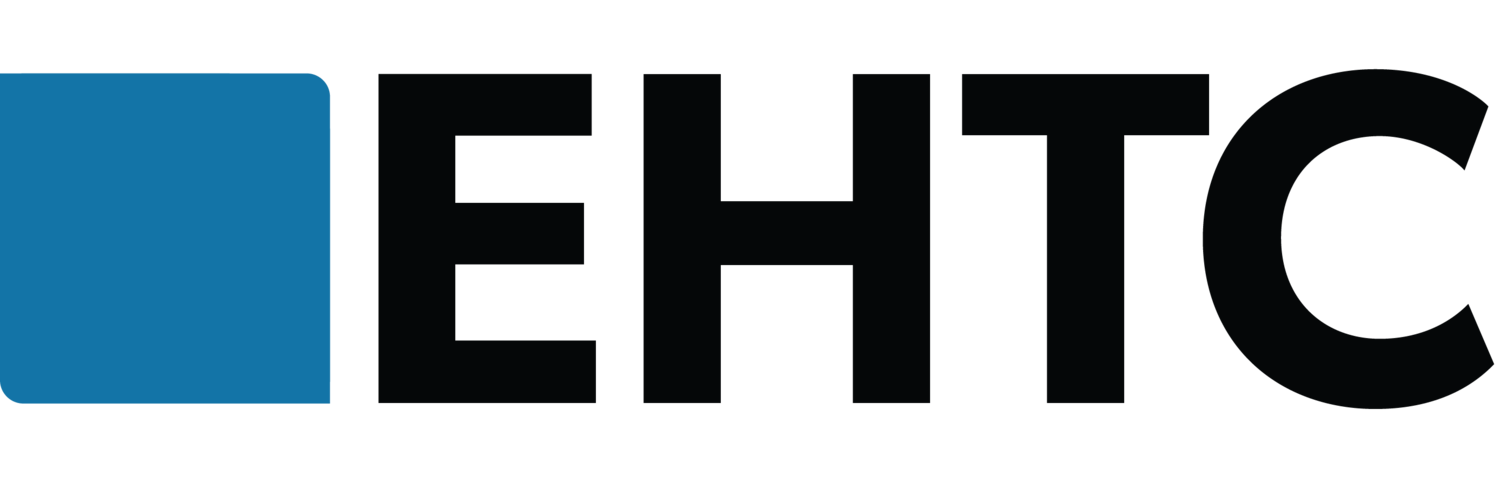Digital Transformation
Digital Transformation is really an older concept that is evolving. In the past, we used terms like paperless and electronic to help move to a more digital environment. Historically, reports and even dashboards contained a lot of data that would be hard to read or contain information that was not necessary. The reports were big.
Reporting has evolved to an active format. Business Intelligence (BI) tools help us present data in ways the end-user can use. The most common are Microsoft PowerBI and Tableau. The big players (SAP, Oracle, IBM, etc.) also have their versions. This phase still has a lot of value because end users can adjust their own. With end-users having the ability to create their own, it also frees up IT resources that were once needed. So non-IT users can get the changes they need much quicker.
As AI matures, we are now seeing “Did you know” type information appears in our applications. These are random but factual relationships in your data. For example, you see something like, “10 customers from Arkansas bought something red last week”. This helps to think about data in a more creative way.
The important thing about implementing goes back to strategy. What are you trying to accomplish? How do people who need information get the correct and timely information to make knowledgeable decisions?
The Harvard Business Review’s article on Digital Transformation Comes Down to Talent in 4 Key Areas discusses the talent needed in technology, data, process, organizational change capability, and pulling it together. Usually, we say make sure the process is mapped out to have a more efficient digital roll-out. The article brings up other things to consider
Getting information to the masses doesn’t have to be boring. Gamification, for example, makes updating and receiving data fun.
A McKinsey article talks about how the Digital Factory is helping get products to market faster, reduces tech development, and improves the new client experience. They describe the Digital Factory as a model for running a digital transformation where dedicated teams of people work on change-the-business programs alongside existing run-the-business functions.
Original article was written by Wally Wasilewski.
EHTC Digital is a certified Microsoft Dynamics Partner, with over 30 years of experience implementing and supporting Microsoft Dynamics ERP and CRM applications. Our team of software developers, business analysts and consultants can help you assess software solutions, implement, integrate and customize solutions to meet your objectives.

